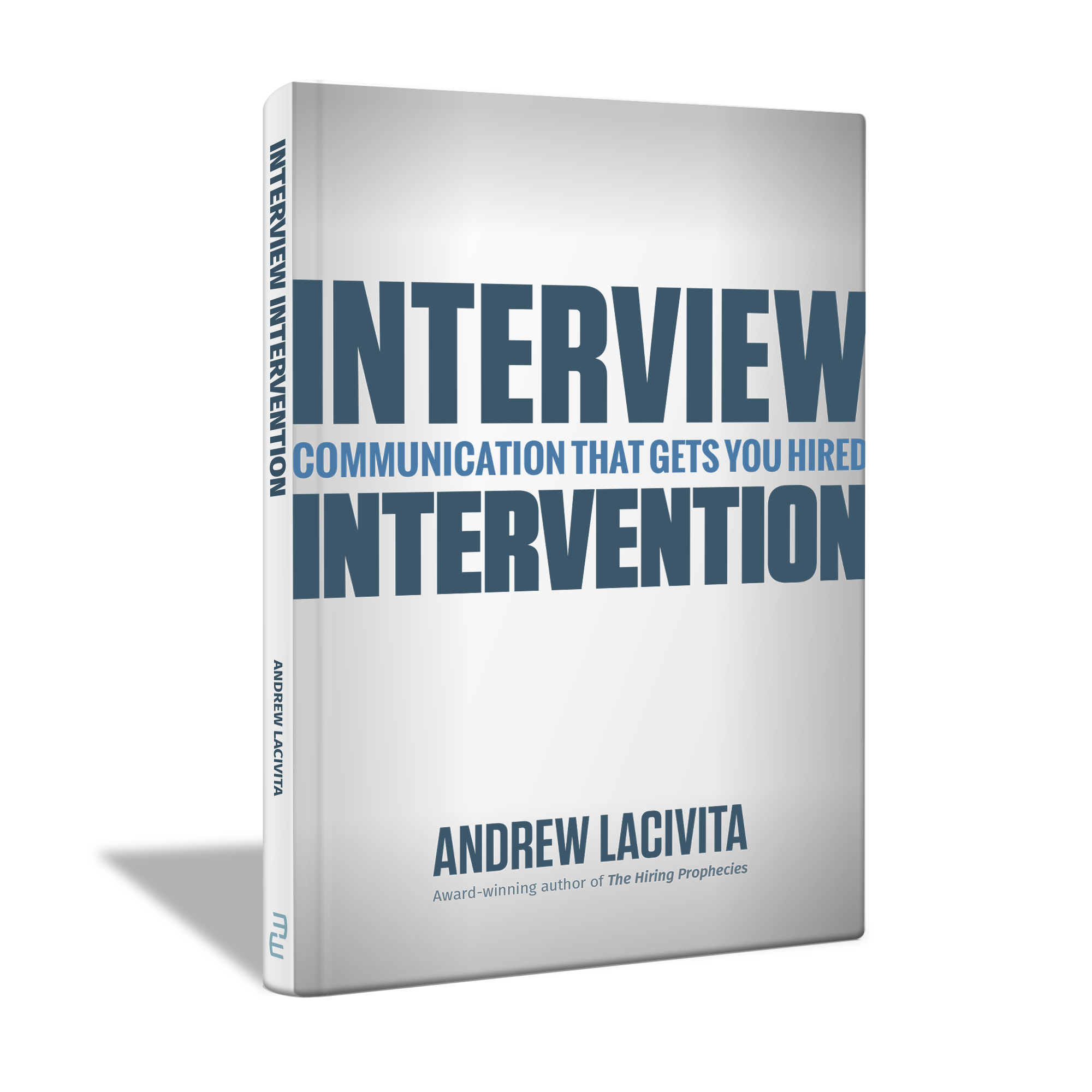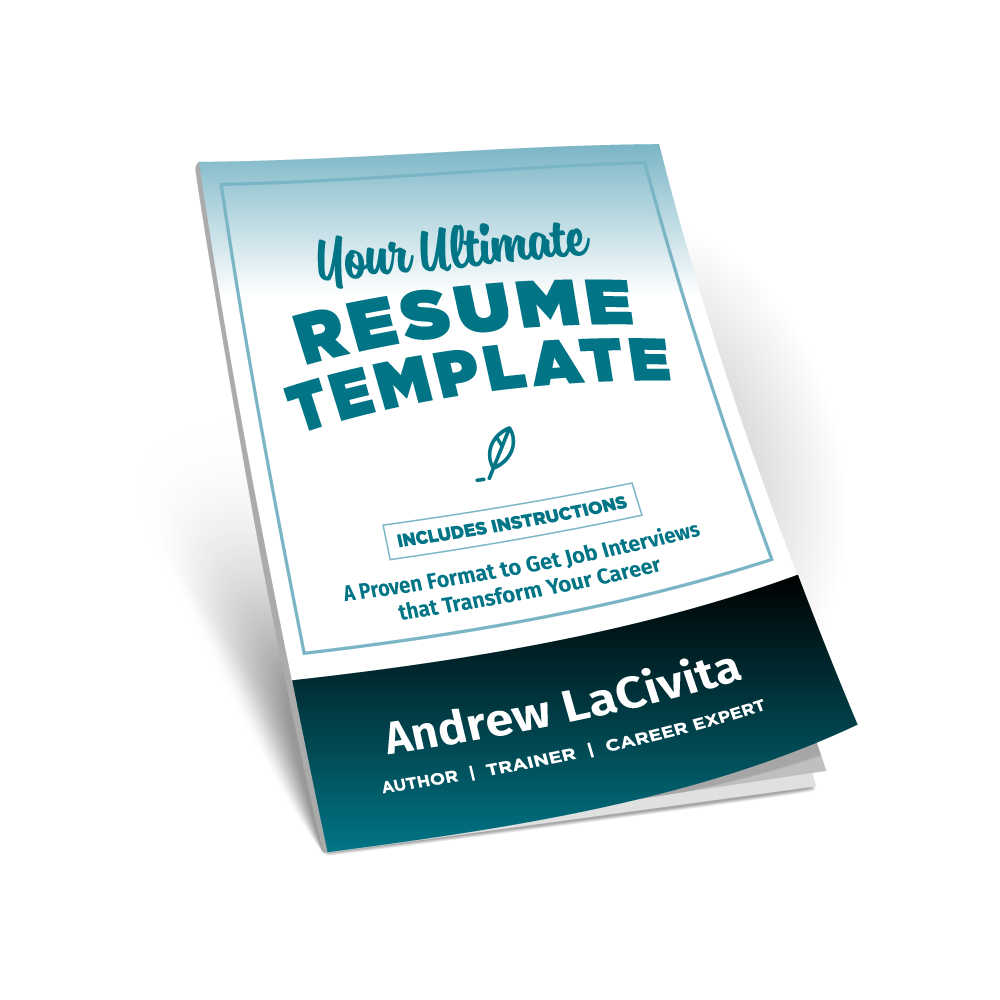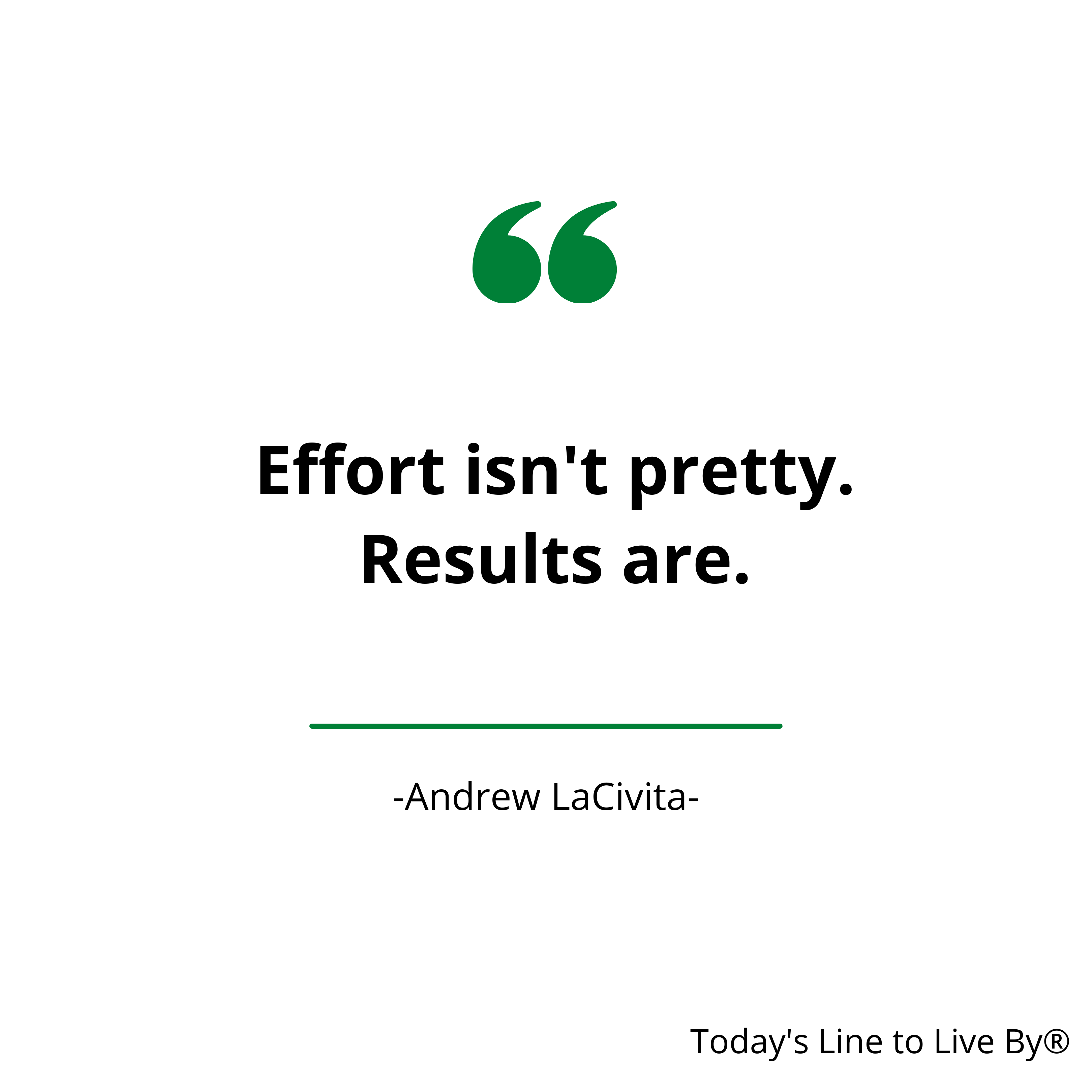Most people don’t realize when they’re job interviewing that the interviewer’s memory has a strong influence in whether the job candidate ultimately gets hired. Why? Because hiring decisions simply don’t happen in real time. Furthermore, in today’s corporate world, interviewers are untrained (it’s not their “day job”), overworked, and distracted, and they’ve most likely interviewed several candidates for the same position. You need to not only set yourself apart, but also make them remember you in a positive light.
Say it so they get it. Say it so they remember it. Say it so they want it.
That phrase is simple. Remembering those eighteen words, which ought to be easy enough because most of them are the same, at a minimum provides you with a successful formula for the interview. Using the five following principles to execute that formula will make you memorable.
- Keep It Short and Simple. Superfluous information hinders their ability to remember.
- Capture and Keep Their Attention. They can’t remember you if they’re not listening.
- Talk in Their Lingo. Speak in a language they understand.
- Make Them Believe You. Use details to make yourself believable.
- Get Them to Care. Highlight the benefit to the individual in addition to the company.
This is the first in a five part series that covers each of these principles. If you simply can’t wait for the remaining pieces, you can review the material in much more detail in the Storytelling Chapter of Interview Intervention: Communication That Gets You Hired. I provide a complimentary eBook to anyone who signs up for the email distribution list on the front page of the milewalk website!
Keep It Short and Simple. Antoine de Saint Exupéry once said, “Perfection is achieved, not when there is nothing more to add, but when there is nothing left to take away.” Candidates would be wise to take note. There is a big difference between providing a clean, thorough answer and babbling on forever.
Your goal should be to highlight the most necessary information your interviewer seeks without including superfluous remarks. The presence of unnecessary information has two harmful effects. First, you are asking the interviewer to wade through your response to find the information she needs. Second, even if you made nothing but brilliant points, you are asking her to retain much more information than she needs. It not only exhausts her, but you also run the risk of her considering you obnoxiously verbose. It simply makes it harder for her to remember you as someone who “knew his stuff” versus someone who was “obnoxiously long-winded.”
I am not suggesting being overly brief to the point she isn’t getting a complete picture of you. I am recommending you do it in pieces so she can more easily digest the information and request when she wants more.









Leave A Comment